Which wines to drink with Caribbean food
July 18th, 2023 | Mary Domange
In the first in a series on food and wine pairing, we look at the changing world of wine drinking to suit a wide range of culinary styles.
While visiting friends recently for a Caribbean feast, I had to decide which wines might both elevate and complement the array of deliciously spicy, sometimes fruity, always flavoursome foods on offer.
Unfortunately there's not much chance of finding wisdom in a wine label which tend to stick endlessly to euro-centric dishes that give little in the way of clues.
Naturally, what a wine grower chooses to put on a back label, is almost always dependent on the sort of food they are familiar with in their country and region which explains the reasons behind their choices. But certainly in terms of the UK market, an overhaul may be long overdue.
The party inevitably had beer, soft drinks and rum punch on offer, but I really wanted to provide something special for the wine lovers among us.
General rules for matching wine with food
Try to balance the flavours so the wine and food do not compete for attention. Think about how much acidity, salt, sugar and spice are in the dish and match accordingly.
What does this mean?
If you have a dish in front of you that is higher in sugar than most savoury dishes - perhaps a curry made with coconut and a mango based salad - the wine you pick needs to not only be able to hold its own in terms of its fruitiness, but also bring out the flavours of the dish.
It's not surprising that if you wander through a wine aisle in one of the Caribbean islands, you will see plenty of sweet red wines - not something that's caught on here - but the principle makes sense. Having said that, we have plenty of other red wine options for the UK palate that work equally well - if not better.
Many spices appear in the food from the Islands - and a wine also needs to be able to hold its own with the fragrant mixtures of nutmeg, cinnamon and thyme along with scotch bonnets and other fiery flavours. There's no point in going for the most delicate wine around and finding it is completely overpowered by the flavours of the food.
Do
Choose aromatic, fruity, fuller bodied white wines such as Viognier, Vermentino or Albarino.
Choose richer, spicier red wines such as Primitivo, Syrah or Grenache.
Don't
Choose extra dry, high acidity white wines such as Sauvignon Blanc.
Choose delicate, dry earthy reds such as Cabernet Franc or Pinot Noir.
What about Rosé?
I love a good full bodied rosé with all sorts of sweeter, spicy food - but avoid the super dry varieties that will end up tasting acidic rather than fresh and fruity. Rose wines from Portugal to Provence definitely fit the bill here. Look for wines from sunny climes where the grapes are generally higher in sugar than those made in cooler regions.
Classic Caribbean wine matches
Try a juicy red wine with Jerk Chicken or Rice and Peas. Try an aromatic white wine with Salt Fish and Ackee. Go rosé with both.
Serve red wine lightly chilled
Lightly chilling red wine will bring out the flavours of the spices and cool down any excess heat. Choose reds that reflect the herbs and spices of the region such as Syrah, Primitivo or Grenache.
Don't be afraid to experiment
Ultimately, wine is all about personal preference, but don't necessarily think that because you enjoy a wine on its own, as an aperitif or with bowls of crisps and nuts that it will be equally delicious with every style of food. Notice how what you eat changes the flavours of the wine and make a mental note (or a physical one!) of what works best.
If you try a wine with some food and it's not to your liking, just stick a cork in it and put it back in the fridge where it will happily chill for up to 4 days. That counts for red wine too - which you can remove 30 minutes before drinking for it to reach 16-18 degrees.

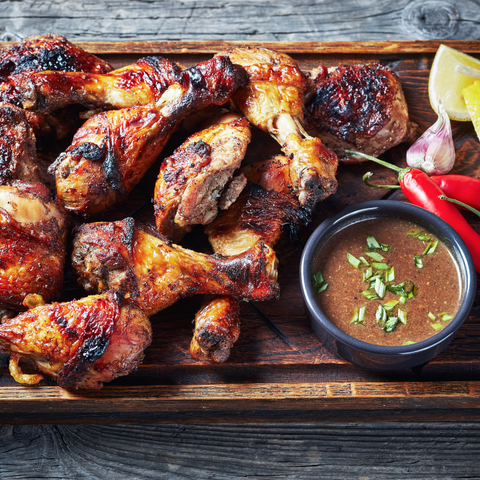
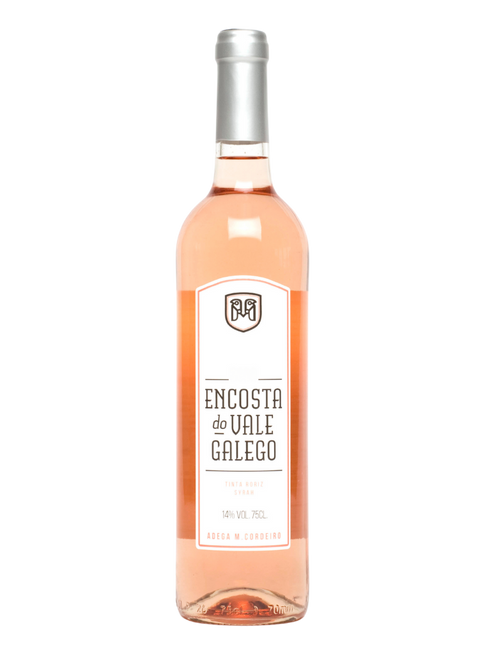
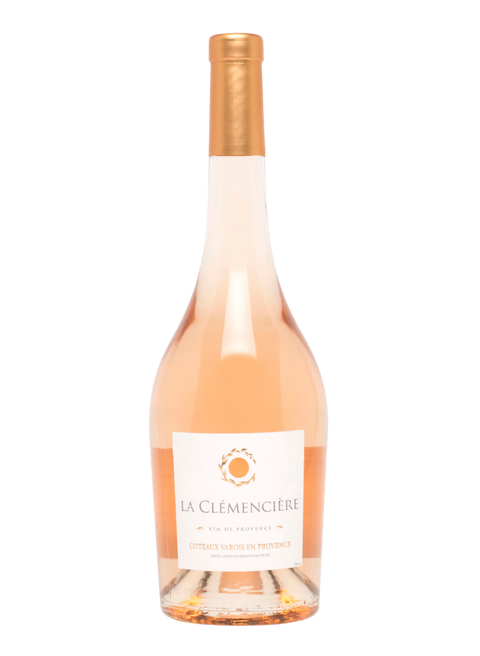
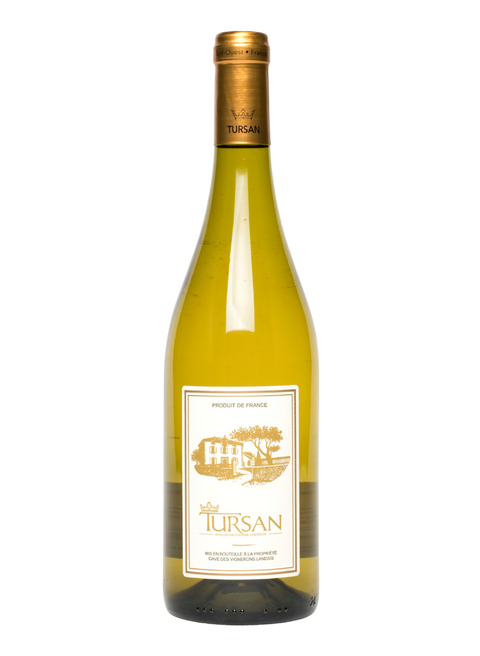
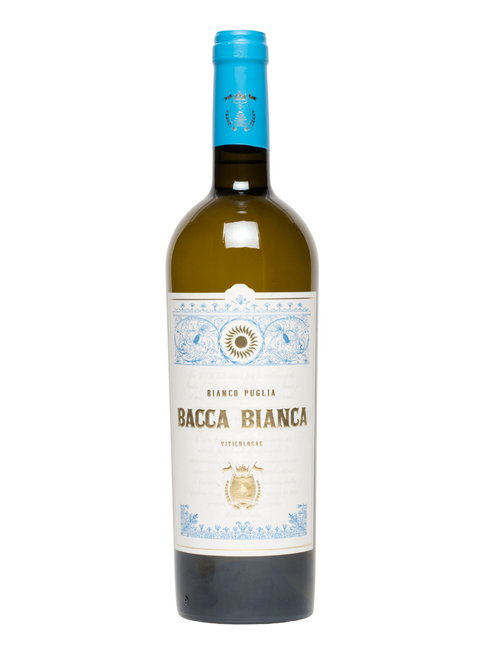
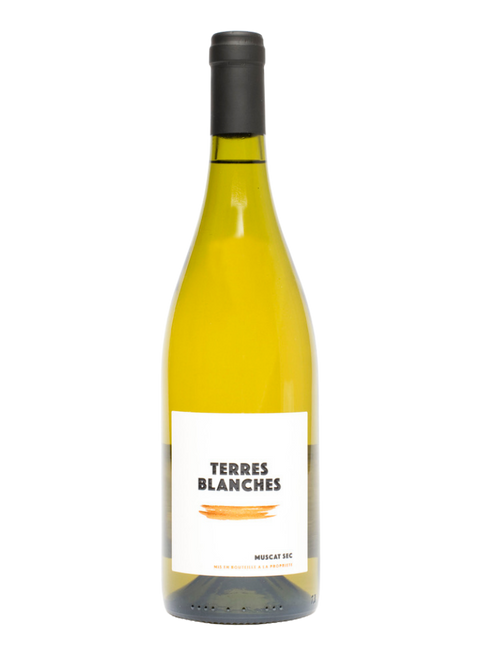


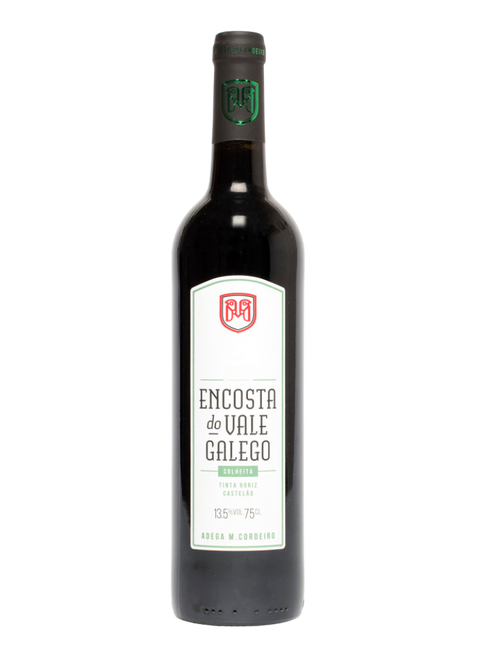

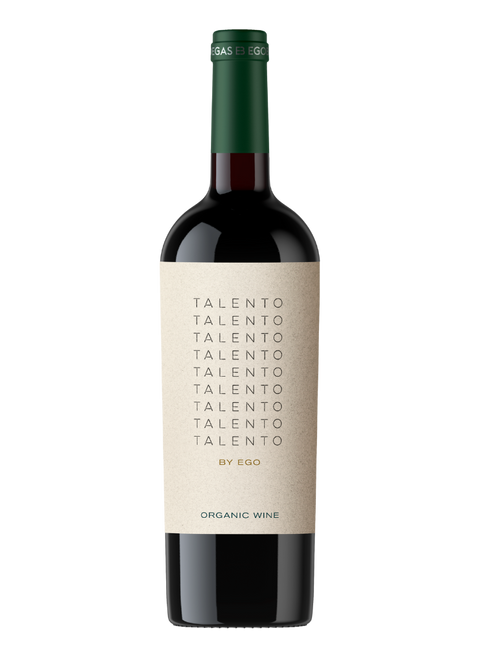

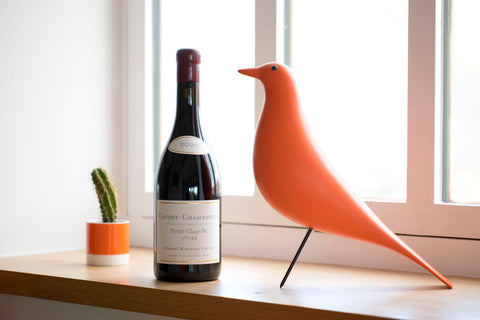
Comments (0)
There are no comments for this article. Be the first one to leave a message!